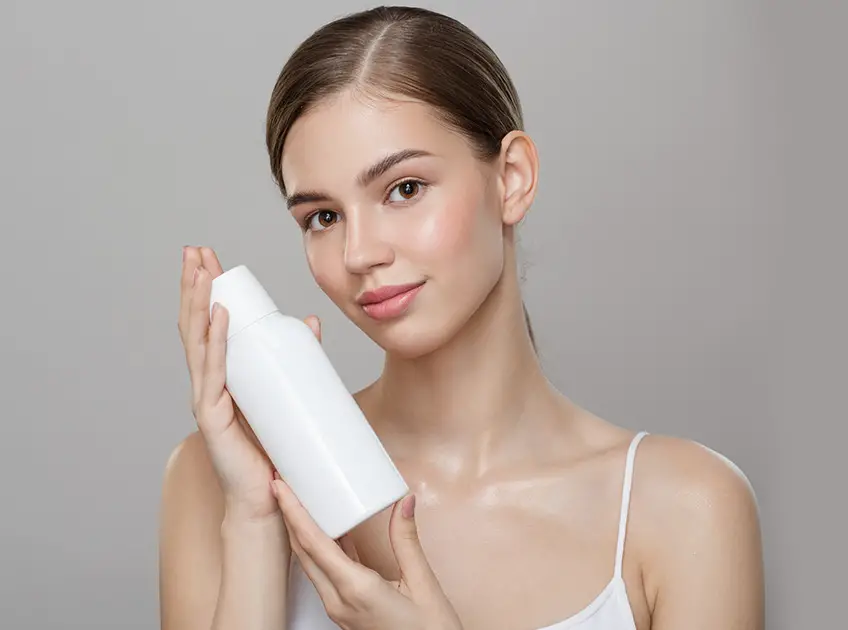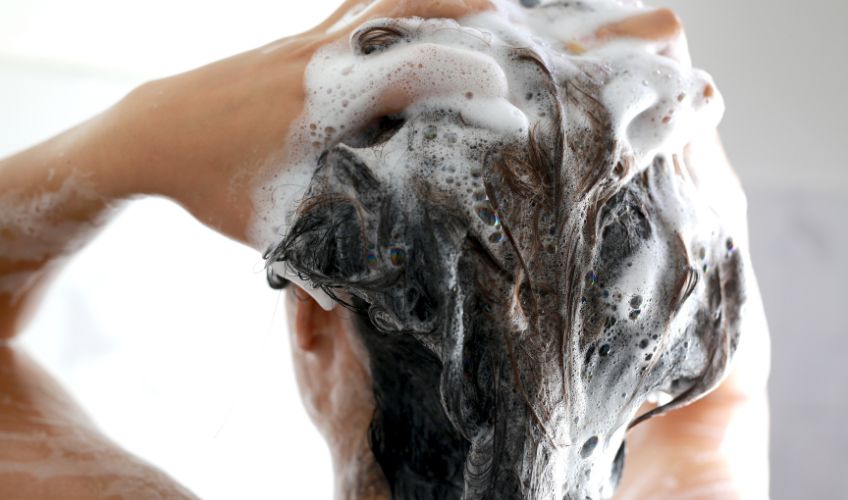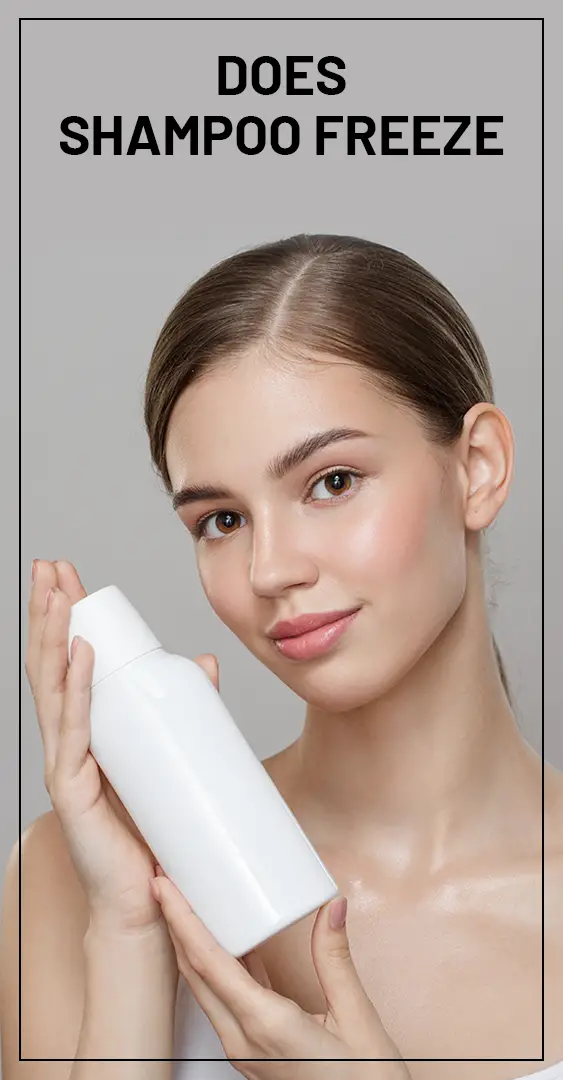
Important: This article is for informational purposes only. Please read our full disclaimer for more details.
One of the most common hair care products, shampoo, does freeze when you keep it at minus 4 degrees Celsius. But why would anyone want it to freeze? Until you do not want to make frozen cubes of shampoo (just for fun), you would not want to freeze it.
Even though you can freeze the shampoo and other hair care products like conditioner, they are safe to use only in an unfrozen condition. If you keep a bottle of shampoo or conditioner in the freezer and set the temperature to minus 4, the result will be frozen shampoo and conditioner and a broken bottle.
Can Shampoo Freeze?

The answer to this question is yes. Some people try to freeze their shampoo bottles out of fun and experiment. But, the shampoo inside didn’t freeze. They kept decreasing the temperature until the desired result came out at minus 4 degrees Celsius.
Will Freezing Compromise The Quality Of Shampoo?
It is important to know if the quality of shampoo degrades once it is frozen as it is a hair care product. If the product is not able to care for your hair, what is its use of it? Sometimes using a bad shampoo may lead to hair fall or some reaction on the scalp. Therefore, checking if the shampoo is in good shape or not is essential.
[ Read: Can I Add Baking Soda to My Shampoo? ]
Generally, the quality of shampoo will not be compromised when it is frozen and then defrosted for use. However, some women reported that their shampoo smelled differently after defrosting. Although the change in smell is not a good indication, and mostly it is advised to throw such products, it is not an issue in the case of shampoos.
Another group of women said that when they shook their bottle thoroughly, the smell regained. Most of the time, the components in a shampoo separate when frozen and require a good shake to remix. Once you give the bottle a good swirl, all the components will get a mix, making it suitable to reuse.
Talking about the formulation of shampoo, it is made utilizing certain chemical substances and water. When it is subjected to freezing, the water in the shampoo coalesces, changing its original texture. At the same time, the bond between the preservatives in the shampoo will become weak. The formula will likely break, affecting the shampoo’s quality.
Certain pockets of shampoo with fewer preservatives and other pockets with overly concentrated preservatives may develop. In pockets where the concentration of preservatives is disproportionate, bacteria are more likely to grow, further degrading the quality.
So, if you feel the smell and consistency of the shampoo are not, as usual, do not use it. It may cause more harm than help to your hair.
Why Does The Shampoo Bottle Break When The Shampoo Freezes?
When you keep the bottle of shampoo in the freezer, the bottle reaches 0 degrees Celsius. This is the temperature when liquids, including shampoo and conditioner, start freezing into solids. As the temperature goes down and the bottle stays inside the freezer, it starts getting chilled and brittle.
By this time, the content inside the bottle starts freezing and expanding more and more, pushing the boundaries of the bottle more than what it can handle. Over time, the bottle will not be able to take the pressure and explode.
So, if you keep your shampoo bottle inside the freezer, be prepared to see it broken after some time.
Can Frozen Shampoo Cause Hair Loss?
It is normal to experience a change in smell and consistency of shampoo after it is defrosted; however, it is still okay to use. All you should remember is to give your bottle a good swirl before using it so that all the components mix thoroughly.
Even though the frozen shampoo will not cause hair loss, if you are in doubt, it will be better not to use it. Before using the defrosted shampoo, recheck if it smells right and the consistency is fine. Be double-sure as it is about your hair, and you don’t want to experiment with their health, right?
You Might Also Like:
- Does Dry Shampoo Expire?
- Blue Shampoo vs. Purple Shampoo – Which is For You?
- How to Keep Your Hair Healthy in Summer
- How to Detox Your Scalp for Healthy Hair at Home?
- How to Use Coconut Milk for Hair Growth?
- Argan oil for Hair – Benefits and How To Use It The Right Way?
- Does Baking Soda and Shampoo Lighten Hair?
- DIY Dry Shampoo Recipes For All Hair Colors
- Can You Use Baby Powder as a Dry Shampoo?
















